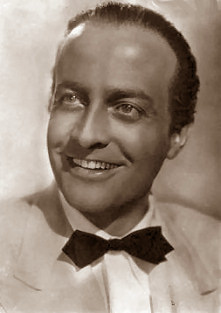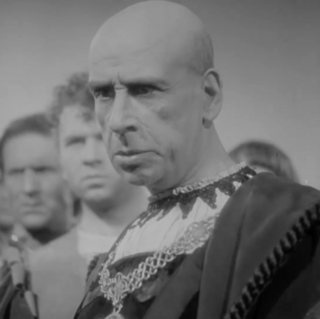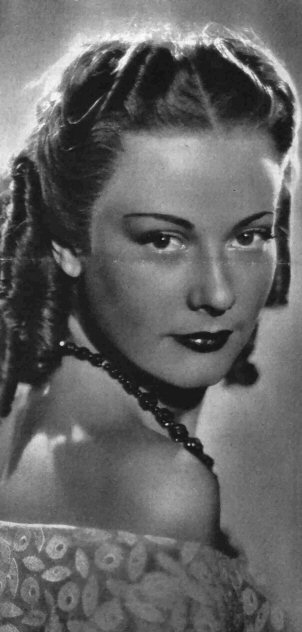Related Research Articles

Alessandro Blasetti was an Italian film director and screenwriter who influenced Italian neorealism with the film Quattro passi fra le nuvole. Blasetti was one of the leading figures in Italian cinema during the Fascist era. He is sometimes known as the "father of Italian cinema" because of his role in reviving the struggling industry in the late 1920s.
William Clemens was an American film director.

Wallis Hensman Clark was an English stage and film actor.

Alfredo Martinelli was an Italian film actor. He appeared in 103 films between 1916 and 1967. He was born and died in Siena, Tuscany.

Joseph A. Creaghan was an American film actor. He appeared in more than 300 films between 1916 and 1965, and notably played Ulysses S. Grant nine times between 1939 and 1958, most memorably in Union Pacific and They Died with Their Boots On.

Aldo De Benedetti was an Italian screenwriter. He wrote for more than 110 films between 1920 and 1958. He was born and died in Rome, Italy.

Osvaldo Valenti was an Italian film actor. Valenti starred in several successful Italian movies of the late 1930s and early 1940s, such as the famous The Iron Crown and The Jester's Supper. He appeared in more than 50 films between 1928 and 1945. He and his lover, Luisa Ferida, were executed by partisans in Milan, Italy, due to their links with Fascism. Their story was portrayed in the 2008 film Wild Blood.

Lamberto Picasso was an Italian film actor. He appeared in 70 films between 1914 and 1953.

Anton Pointner was an Austrian stage and film actor. Pointner's career began on the stages of Austria and performed in both silent and sound films in his native Austria, as well as in Germany and the United States.

Anchise Brizzi was an Italian cinematographer.

Giovanni Vitrotti (1882–1966) was an Italian cinematographer and film director who worked prolifically in Italian films from the silent era onwards. He made films in a number of other countries like Germany, Russia and Poland.

Carlo Montuori was an Italian cinematographer and cameraman.

María Denis was an Argentine-born actress in Italian made films. Denis moved to Italy in 1932 when she was 16, and appeared in her first film there the same year. Denis became a top Italian star between 1936 and 1942 playing girl-next-door characters. Denis later appeared in films in several other countries. In 1949 she appeared in the British film Private Angelo.

Mario Ferrari was an Italian film actor. After making his debut in 1920, Ferrari became a mainstay of Italian cinema during the Fascist era appearing in a mixture of leading and supporting roles. He played the villainous Graiano d'Asti in the historical film Ettore Fieramosca (1938). Ferrari continued to work regularly in the post-Second World War years.
Fernando Tropea was a prolific Italian film editor, who worked on around ninety films during his twenty-year career. During the Fascist era he worked on films such as Naples of Former Days (1938) and Carmen fra i rossi (1939).

Cesare Zoppetti was an Italian stage and film actor. Zoppetti was a prolific film actor of the 1930s, appearing in nearly fifty productions between 1930 and his death in 1940 including the comedy What Scoundrels Men Are! (1932).
Werner Schlichting (1904–1996) was a German art director who worked on over a hundred films during a lengthy career. He worked on a number of Austrian films including The Congress Dances and The Last Ten Days (1955).

John Hugh Elliott was an American actor who appeared on Broadway and in over 300 films during his career. He worked sporadically during the silent film era, but with the advent of sound his career took off, where he worked constantly for 25 years, finding a particular niche in "B" westerns.
Edward Curtiss (1898-1970) was an American film editor who worked in Hollywood from the 1920s through the 1960s.
Fred Bain (1895–1965) was an American film editor. A prolific worker, he edited over a hundred and seventy films, mainly westerns and action films, and also directed three. He worked at a variety of low-budget studios including Reliable Pictures, Grand National and Monogram Pictures. He was sometimes credited as Frederick Bain.
References
- ↑ Bertellini p.255